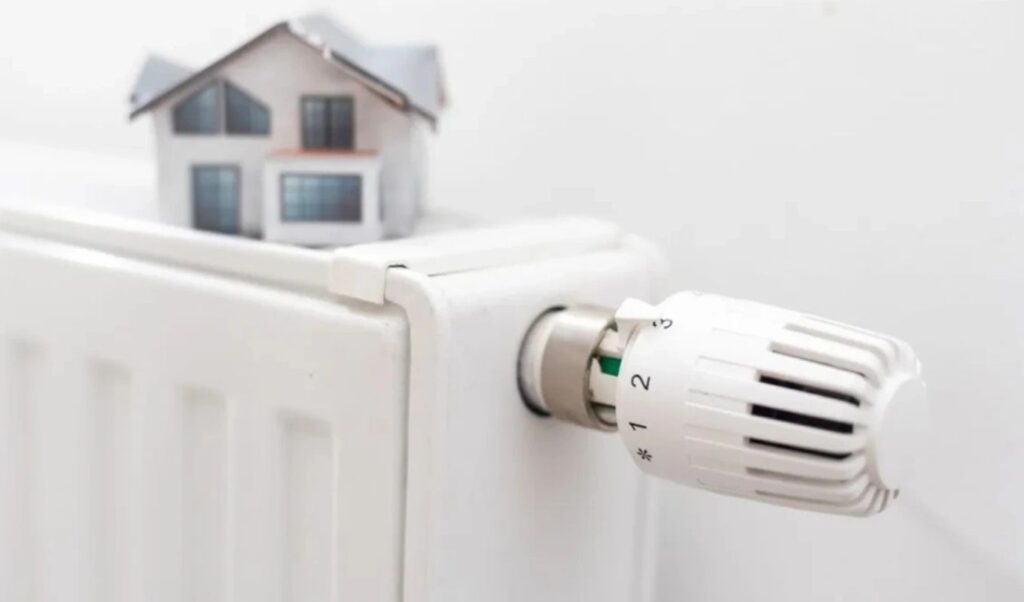The MyHeating electronic platform will launch in November for submitting heating subsidy applications for 2025-2026. Thousands of Greek families are preparing for the application process, as the government heating subsidy provides essential financial support ahead of winter.
Read also: This year’s heating oil prices: Fears of increase
When do heating subsidy applications begin
Heating subsidy applications will be submitted exclusively through the MyHeating digital platform during November. First payments are expected to be disbursed in early December, while remaining installments will continue gradually until July 2025.
The heating subsidy amount for 2025 is expected to remain at the same levels as the previous year, ensuring predictability in family planning. The payment scale depends on the fuel category declared by each beneficiary.
Heating subsidy: Income limits and asset criteria for beneficiaries
To receive the 2025 heating subsidy, applicants must meet specific income criteria that vary according to family status:
• Single and widowed persons: annual income up to €16,000
• Married or in civil partnership: annual income up to €24,000
• Single-parent families: annual income up to €29,000 with additional increases per child
Simultaneously, asset limits are set at €200,000 for unmarried individuals and €260,000 for married couples without children, with an additional €40,000 for each dependent family member.
Which fuels does the heating subsidy cover
The heating subsidy includes a wide variety of fuels used for residential heating. Beneficiaries can choose between heating oil, kerosene, firewood, biomass, LPG, natural gas, district heating, and electricity.
A critical limitation is the ability to subsidize only one type of fuel per beneficiary. Therefore, families must carefully evaluate which fuel offers them the greatest financial benefit.
Who is excluded from the heating subsidy
Certain categories of citizens are not entitled to the heating subsidy. Excluded are those registered as dependent members, persons with indicators of luxury living such as owning more than two cars, as well as those who own commercial property.
Additionally, legal entities and foreign taxpayers are excluded from the regulation. A separate exclusion applies to electricity applicants who already benefit from the Social Household Tariff.




